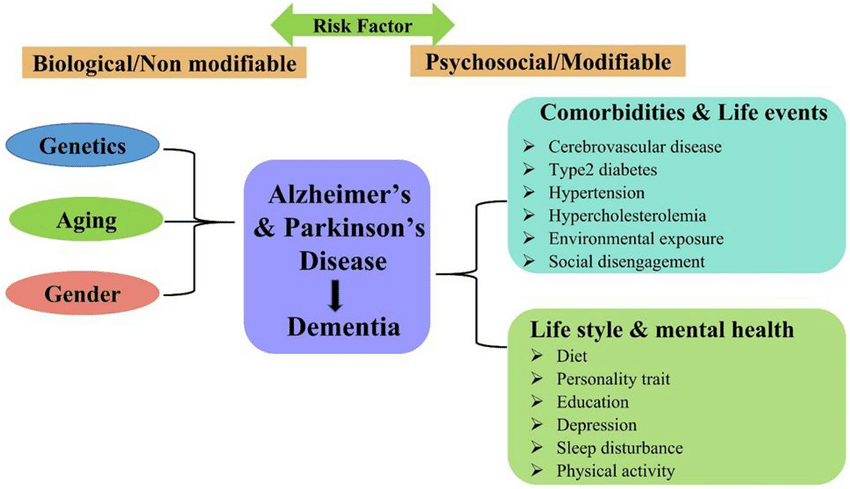
Terms to Remember
Coronary Heart Disease (CHD)
CHD happens when the blood nerves narrow due to
fat and cholesterol stored on the walls of nerves. Due to this it gets
hard for heart to get enough oxygen. It can cause pain in chest or even
a heart stroke. Eating unhealthy food, smoking, not exercising, and
being overweight increase the risk. People can also be at higher risk
because of their age, family history, or race.
Chronic Heart Failure
This is when the heart can’t pump blood properly.
It may happen after a heart attack or from other heart problems. It can
cause tiredness, trouble breathing, and swelling. Risk factors include
high cholesterol, drug use, and certain diseases of the heart muscle.
High Blood Pressure (Hypertension)
High blood pressure is when the force of your blood moving through the
arteries is stronger than it should be. It makes the heart work harder
and can damage it over time. It is often caused by stress, being
overweight, eating too much salt, or not getting enough exercise.
Sometimes, kidney or hormone problems also cause it.
When someone has high blood pressure along with other heart-related risk
factors, these can interact and increase the overall risk of heart
disease. The total risk ends up being higher than just adding each risk
factor on its own.
Obesity
Being very overweight can lead to many health problems, including
cardiovascular disease and diabetes (sugar). People often gain weight
from eating more calories than they burn. Fat around the belly is
especially harmful to the heart. Poor eating habits and not moving
enough are big reasons for obesity.
Gaining too much weight, especially becoming obese, is now recognized as
a risk factor that can lead to heart attack.
Diabetes
Diabetes affects how the body uses sugar (glucose). People with diabetes
have high blood sugar levels, which can affect the heart and other
organs. If it’s not controlled, it can lead to nerve damage, kidney
disease, vision problems, and heart failure. Of 839 participants, 200
had diabetes (23.8%). Compared with patients who did not have diabetes,
those with diabetes had an increased risk of heart failure
Rheumatic Fever and Heart Disease
Rheumatic fever is caused by an infection and can
harm the heart if it’s not treated. It mostly happens in areas where
healthcare is limited. It can lead to long-term heart damage, especially
to the heart valves.
Congenital Heart Disease
This type of heart disease is present at birth. It can be mild or
serious. Some babies are born with heart defects that affect how blood
flows through the heart. Some of these conditions can be treated with
surgery or medicine.
The study looked at adults who were born with heart problems. It
included people from the German National Register for Congenital Heart
Defects who were over 18 years old and died between 2001 and 2015.
Researchers studied their heart conditions, symptoms, surgeries,
treatments, other health problems, and the reasons they died
